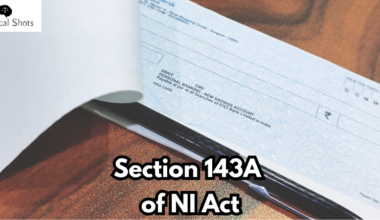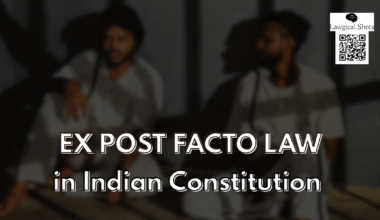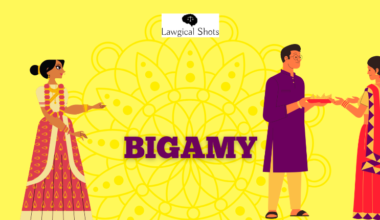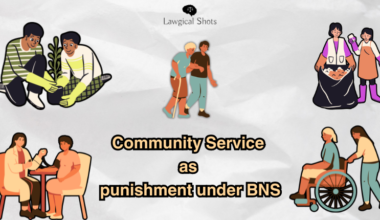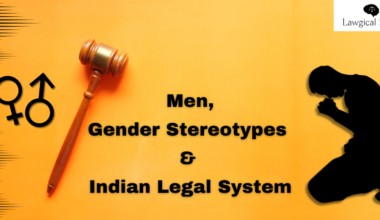The Copyright Act of 1957 in India provides a legal framework for the protection of original literary, dramatic, musical, and artistic works. However, as artificial intelligence (AI) technology advances, questions arise about the applicability of traditional copyright laws to AI-generated content, such as blogs. This analysis explores the legal aspects surrounding copyright and AI, particularly in the context of the Copyright Act, 1957.
Understanding Copyright
Copyright is a form of intellectual property that grants creators the exclusive rights over their original works. Under the Copyright Act, copyright protection is available for works that meet the criteria of originality and fixation. Originality implies that the work must be the result of the author’s intellectual effort and creativity, while fixation refers to the work being recorded in some tangible form.
Human Authorship Requirement
A significant aspect of copyright law is the requirement for human authorship. Section 2(d) of the Copyright Act defines an “author” as the person who creates the work. This definition inherently implies that the creator must be a human being. Consequently, works generated solely by AI without any human input or intervention pose a challenge to traditional copyright principles.
AI as a Creator
When AI generates content, the process typically involves algorithms that analyze vast amounts of data and produce outputs based on patterns and learned information. While the results can appear original and creative, they lack the conscious intent and creative choices that characterize human authorship. This distinction is crucial because, under the current legal framework, works devoid of human authorship may not qualify for copyright protection.
Human Involvement in AI-Generated Content
If a human contributes to the creation of AI-generated content, such as curating, editing, or adding their creative input, the resulting work may be eligible for copyright protection. For instance, if a blogger uses AI to generate drafts but adds personal insights, style, or context, the final blog can be considered a collaborative effort. In this case, the human contributor could assert copyright over the work.
Implications for Content Ownership
The ownership of AI-generated content also raises questions. In scenarios where a company employs AI to produce blogs, the ownership may depend on employment contracts, terms of service, and licensing agreements. If an employee uses AI tools as part of their job, the employer may claim rights to the content produced, provided this is stipulated in the employment contract.
Also read – Defamation in BNS 2023.
Public Domain and AI
Another consideration is the status of AI-generated works in relation to the public domain. If AI creates content without human input and no copyright protection applies, such works may enter the public domain, allowing anyone to use or modify them without permission. This outcome could lead to widespread dissemination of AI-generated content, raising ethical and economic concerns.
International Perspectives
The challenges posed by AI-generated content are not unique to India. Many countries face similar dilemmas, and there is a growing discourse around updating copyright laws to accommodate advancements in technology. For example, jurisdictions like the United States and the European Union are exploring the implications of AI on copyright, with some proposals suggesting that AI may be considered an author or that new categories of protection may be created.
Future Directions
As AI continues to evolve, so too will the legal frameworks governing it. The Copyright Act, 1957 may require amendments to address the unique challenges posed by AI-generated content. Possible directions include:
- Defining AI as a Contributor: Legislation could be introduced to recognize AI as a tool that can contribute to creativity, potentially granting a form of copyright to AI-generated works, or attributing rights to the developers or users of AI systems.
- Clarifying Human Contribution: Amendments could clarify what constitutes sufficient human input to qualify for copyright protection, ensuring that works involving AI do not fall into a legal gray area.
- Creating New Categories of Protection: Lawmakers might explore new intellectual property frameworks specifically tailored for AI-generated works, considering aspects like moral rights and economic rights.
Ethical Considerations
Beyond legal frameworks, ethical considerations also play a vital role in the discourse surrounding AI and copyright. Issues of originality, creativity, and accountability arise when discussing works created by machines. The ethical implications of attributing authorship to AI raise fundamental questions about the nature of creativity and the role of human agency in artistic expression.
Conclusion
The intersection of AI and copyright law under the Copyright Act, 1957 presents complex challenges that necessitate careful consideration. While current legal frameworks emphasize human authorship, the rise of AI-generated content calls for a reevaluation of traditional notions of creativity and ownership. As the legal landscape evolves, it is crucial for lawmakers, creators, and stakeholders to engage in dialogue about the implications of AI on copyright, ensuring that intellectual property rights remain relevant in an increasingly automated world.
In summary, while AI cannot currently hold copyright as per the existing legal framework in India, the implications of its use in content creation are profound and merit ongoing discussion and potential reform.
Note: This blog post is generated with the help of an Artificial Intelligence – AI tool to understand its’ perspective on the subject of copyright in India.


